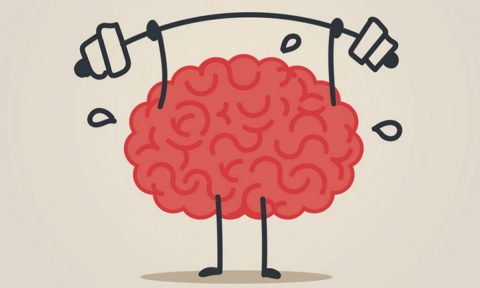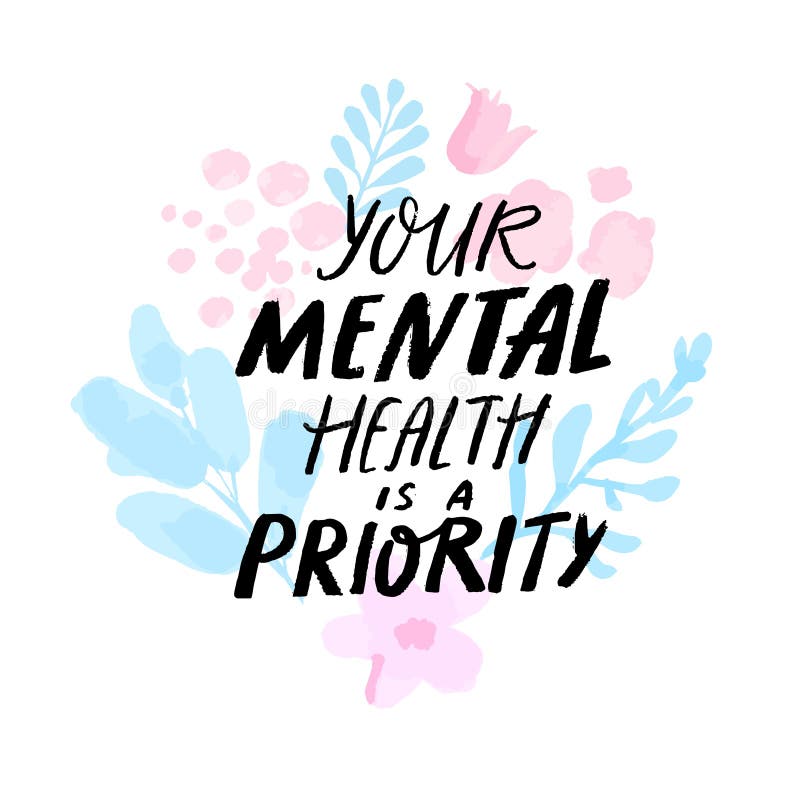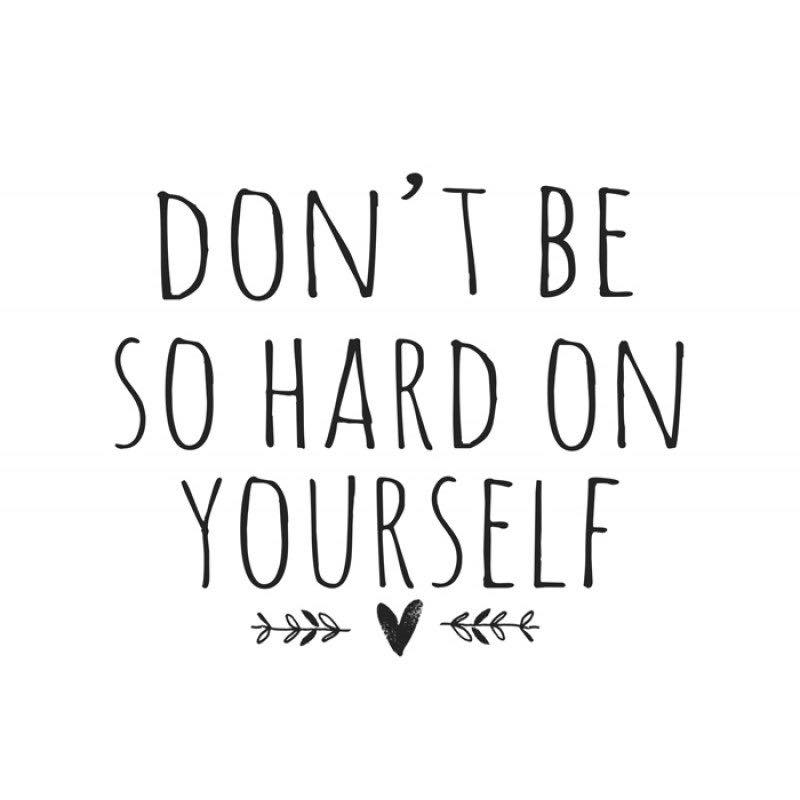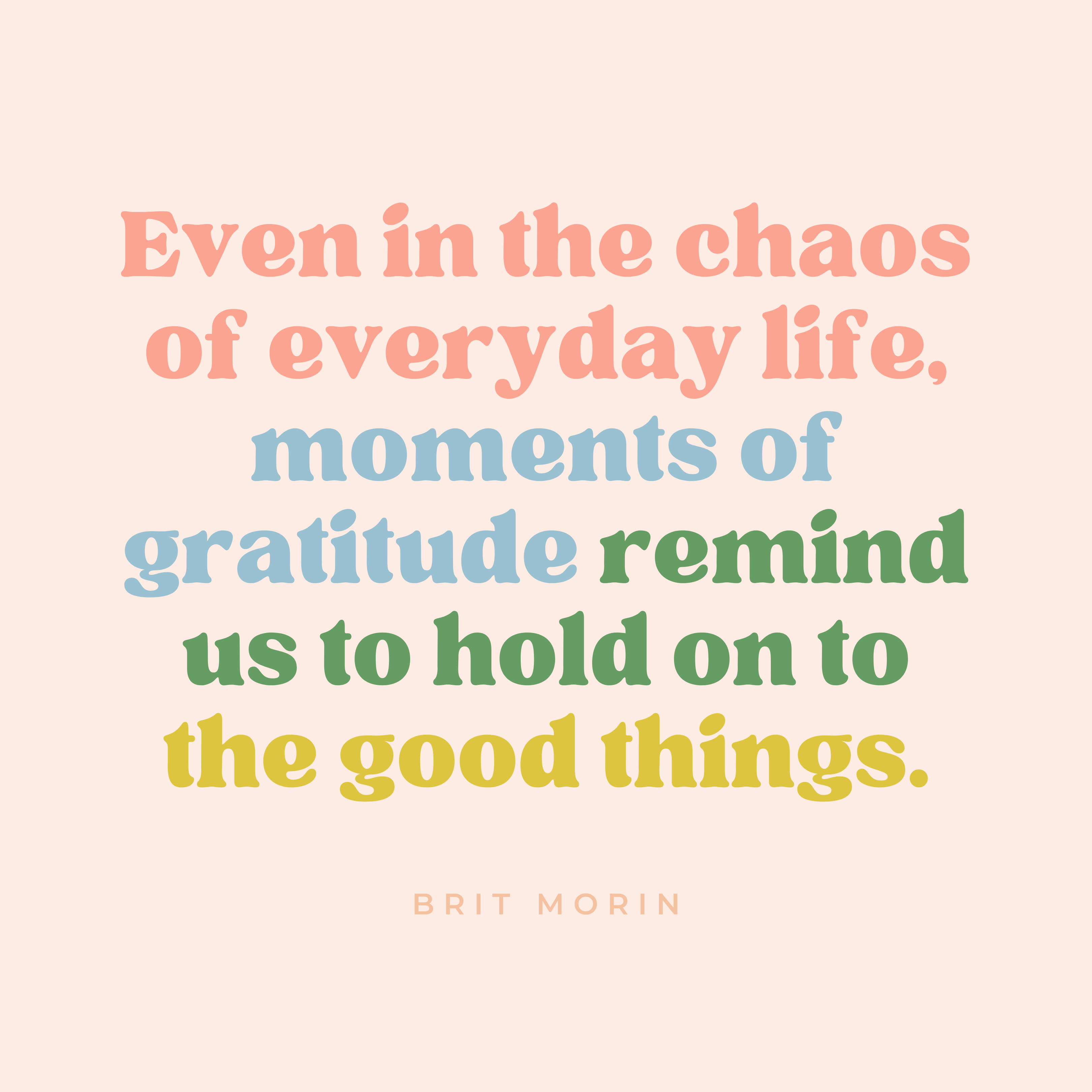10 Ways To Start Improving Your Mental Health
February 23, 2022

So you’ve decided to start your journey to improving your mental health (and here’s a source for those of you asking “what the heck is mental health anyway?”). You’ve come to terms with the fact that mental health affects every aspect of our life: personal, professional, social, romantic, and otherwise. Therefore, it’s of utmost importance that we prioritize our mental and emotional health. But where to begin?
If you’re ready to get started prioritizing your mental health, here are 10 easy ways to get started on your mental health journey:
- Get professional help if you need it.

Are you feeling down, hopeless, anxious, or exhausted by life most of the time? Are the things you usually love to do just not doing it for you these days? Feel like you’re so stressed that you just might burst? These are just a few signs that you may need the help of a licensed professional for support. Knowing and admitting when you need help is a sign of internal strength — not a weakness. Therapy offers a space to discuss your troubles and obtain coping, social, and emotional regulation skills that can help one feel more successful in their everyday life. Bonus: licensed therapists are great accountability buddies if you’re trying to set goals for yourself or create new habits.
- Eat well and drink plenty of water.
You might roll your eyes a little bit, but hear us out: nourishing your body with nutritious food is key to keeping it running well. No, this doesn’t ban you from ever eating a cookie again (we can’t even imagine a life without cookies, frankly). It does mean being more discerning about what you put in your body, and yes, that means consuming green vegetables from time to time too. It’s all about finding balance! Search for recipes that incorporate a fuller spectrum of the food pyramid. Here’s an excellent place for delicious, healthy recipes on a budget.
Part of nourishing your body also includes drinking plenty of water. The normal recommendations are about 8 glasses per day. Carrying a fun water bottle or setting reminders on your phone can be helpful tools to remind you to drink water. Being hydrated is critical to your overall wellness.
- Stay active.
For some, it might be hard to fathom exercising at the end of a long day. I’ve worked all day and now you want me to run and lift heavy things? The long and short of it: yeah, we do. A critical part of nourishing your body is making sure you’re staying active (here’s a little information about types of exercise). The good news is that while you’re working your physical body, your mental health also reaps the benefits. Research has shown that adults who exercise on a regular basis improve their mental health and overall sense of well-being. Moreover, the exercise doesn’t have to be insanely strenuous for you to see benefits. It’s okay to start small and work your way up. Just taking a short walk outdoors can provide you with benefits! It’s most helpful to find a form of exercise you enjoy while you’re forming the habit, and there are plenty of fun ways to move your body: walking, biking, dancing, running, swimming, roller skating, boxing, or maybe fun fitness classes in your area. Before long, you’ll see benefits reflected in your physical and mental health.
- Lean on your support system.
 It’s okay to ask your loved ones for support when you need it. It’s not a burden, a bother, or selfish. Your family and friends love you and want you to feel set up for success. Dealing with poor mental health or difficult emotions can feel isolating, but it doesn’t have to be. Take care to nourish your relationships with others and build a support system that fits your needs. When you feel like you need help or support, just reach out and ask. ❤
It’s okay to ask your loved ones for support when you need it. It’s not a burden, a bother, or selfish. Your family and friends love you and want you to feel set up for success. Dealing with poor mental health or difficult emotions can feel isolating, but it doesn’t have to be. Take care to nourish your relationships with others and build a support system that fits your needs. When you feel like you need help or support, just reach out and ask. ❤
- Talk about your feelings and develop coping skills.
Bottling your emotions might feel like the right thing to do under certain circumstances, but it generally leads to an unpleasant explosion later. Respectfully communicating your thoughts and feelings in your personal and professional life is an important skill to possess. Clear communication helps us build and maintain healthy relationships, respect our own feelings, and learn to solve problems with others.
Coping skills are also important to develop! Coping skills are what one uses to deal with stressful situations so that we can face our problems and take required action with confidence. Taking time to learn these skills will improve your self-assurance and self-esteem by validating what you need and your ability to overcome obstacles.
- Take a break and rest when you need it.
 The human body is not meant to be productive 24/7/365 — that’s simply not possible. Indeed, attempting to be productive and busy all the time is the highway to burnout. More importantly, your worth and value are not equated with what you produce at work. In brief: you don’t need to be productive all the time to be worthy or valuable. You were born with inherent worth! It’s not “weak” or “lazy” to take a break. Tackling all of our daily tasks and hobbies feels a lot more doable when our body is rested and well-nourished.
The human body is not meant to be productive 24/7/365 — that’s simply not possible. Indeed, attempting to be productive and busy all the time is the highway to burnout. More importantly, your worth and value are not equated with what you produce at work. In brief: you don’t need to be productive all the time to be worthy or valuable. You were born with inherent worth! It’s not “weak” or “lazy” to take a break. Tackling all of our daily tasks and hobbies feels a lot more doable when our body is rested and well-nourished.
- Spend time on your hobbies and passions.
Life should be spent doing the things we love! Schedule time during the week to dedicate to your hobbies and passions. If you don’t have hobbies that bring you joy, perhaps spend a bit of time exploring potential options or classes in your area. From cooking to swing dancing, you might just find a new passion that’s totally unexpected. As an added bonus, exploring new hobbies or interests can often lead us to create new bonds with people who hold similar interests.
- Go off the grid for a little bit.
Unplug and step away from your phone for a period of time. Take intentional time away from social media apps, emails, and the allure of those little notifications. Instead spend some mindful time checking in with yourself or your loved ones. Get outside, journal, take a relaxing bath, or go to bed early! You deserve some time away from your smartphone.
- Practice gratitude.

One secret tool to combat anxiety and feeling blue? Gratitude. There’s no need to get fancy with it as you’re starting out (unless you’re feeling up to being fancy). Instead, opt for a simple gratitude practice that suits your lifestyle and feels sustainable to you. Maybe you begin by writing down 3-5 things you’re grateful for per day. Maybe you take a daily walk around the block and reflect on things that make you feel grateful. Whatever your practice, give gratitude your undivided attention for just a few minutes per day. The more you practice, the easier it is to spot reasons to be grateful.
- Volunteer and give kindness to your community.
Spend time giving back to your community or donating your time/money to a cause that warms your heart. Plenty of organizations and communities in your area could use a helping hand. The kind-hearted act of volunteering will make you feel more connected to your community and provide a sense of satisfaction knowing you helped a person or organization in need. Do a little research about local places that might love your help and find ways to give back to your community.
Starting the journey to improving your mental health can feel overwhelming. It’s okay to keep your path simple and work on one new habit at a time!
No matter where you are on your journey, Foundations is here for you if you need support along the way.
Sources:
https://uhs.umich.edu/tenthings
https://www.mentalhealth.org.uk/publications/how-to-mental-health
https://www.mhanational.org/31-tips-boost-your-mental-health
https://medlineplus.gov/howtoimprovementalhealth.html
https://www.verywellmind.com/forty-healthy-coping-skills-4586742
*reviewed by Kate Bellingar, MA , LPC, NCC and Sara Wisneski, LPC
